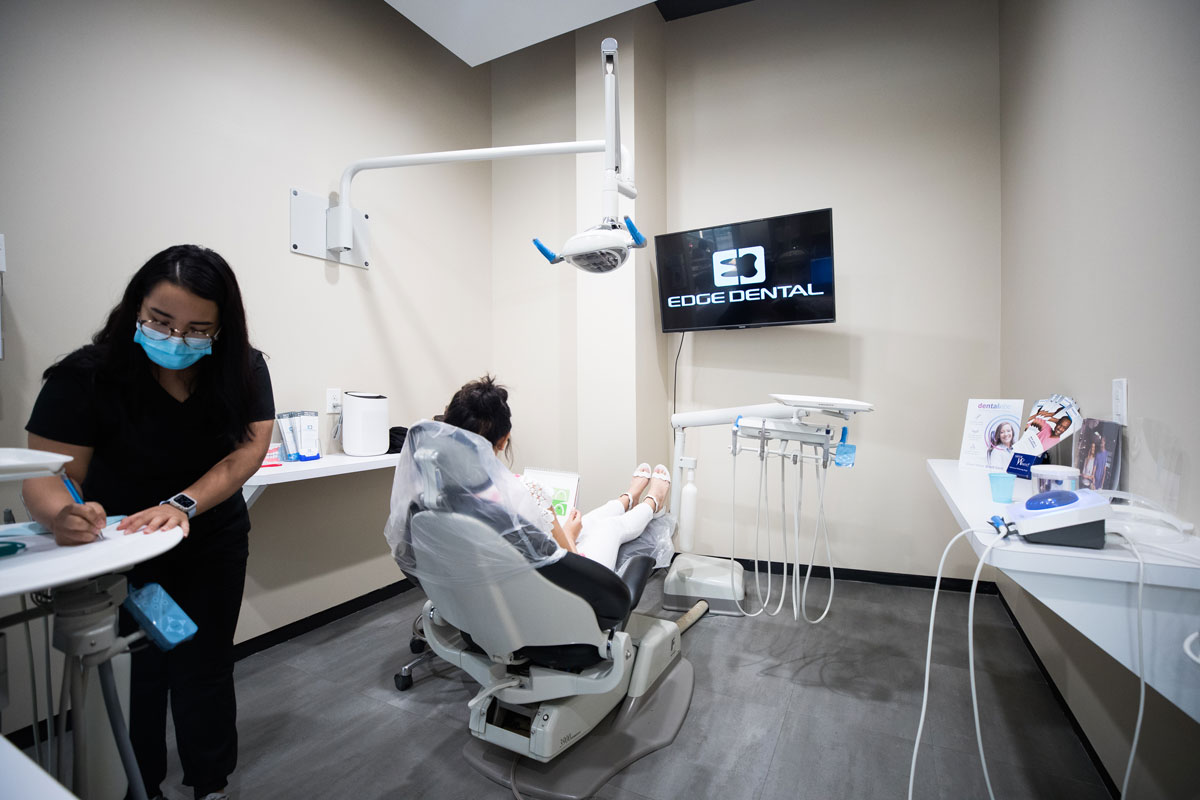According to the Indian Joint Registry, the country is set to record the number of joint replacements at the highest rate from 2020 to 2026.
Several factors are responsible for these increasing stats, and the cost is one of the main factors contributing to making India one of the preferable destinations for joint replacement surgeries. Additionally, the bilateral hip replacement surgery cost in India is attracting medical tourists to the country at a higher rate every year.
In hip replacement surgeries, a skilled team of orthopedic surgeons replaces the damaged portion of the hip joint with an artificial ceramic, metal, or hard plastic material. This procedure better the quality of life and reduces pain. Also, this procedure applies where other treatments fail. Regarding bilateral hip replacement, surgical procedures are considered the appropriate ones as they lead to lesser complications and better treatment outcomes than two-stage procedures.
What Conditions Necessitate Hip Replacement Surgeries?
There are a number of health conditions that can cause hip pain. However, hip replacement is recommended in case of extensive hip damage, severe hip pain, or where other non-surgical procedures fail.
Let’s discuss which health conditions can lead to hip replacement surgery.
- Osteoarthritis: It is the most common type of arthritis, which is also termed degenerative joint disease or ‘wear and tear’ arthritis. It mainly hits the hands, hips, and knees. It hits individuals after 40 years of age or those who have a family medical history of osteoarthritis.
- Rheumatoid Arthritis: It is an autoimmune and inflammatory disease in which the immune system mistakenly starts attacking the healthy cells in the body, causing painful swelling in the joint linings.
- Hip Fractures: These occur when the upper portion of the femur (thighbone) near the hip joint breaks causing life-threatening complications. People above the age of 65 years because their bones weaken, and the risk of falling increases with age. Difficulty walking, swelling, bruising, and hip/groin pain are some of the symptoms of hip fractures that need immediate medical attention. At this stage, a hip fracture always needs surgery and physiotherapy as it does not heal on its own.
- Osteonecrosis: It is a disease in which the bone tissue is dead due to a lack of blood supply. It mainly occurs due to long-term use of steroids and alcohol. It mostly affects people between 30 and 60 years of age and affects the hips. The treatment includes physiotherapy, surgery, and medications depending on the severity of the disease.
- Bone Tumors: These develop when there is a mass of unusual cells growing in a bone. These occur when there is an abnormal healing of an injury, genetic reasons, and radiation therapy. The treatment may include surgery and radiation. Some tumors are non-cancerous that can go away with non-surgical treatment.
How Do You Know If You Need Hip Replacement Surgery?
It is a major surgical procedure that is considered when other non-surgical treatments fail to address hip pain effectively. This surgery is recommended when an individual experiences symptoms related to the hip joint impacting the quality of life. Following are several signs and symptoms that require immediate medical attention:
- Severe pain, stiffness, and swelling in the hip joint leading to negligible hip mobility.
- Continuous hip pain affects the quality of life and interrupts sleep.
- Hip pain results in never-ending pain.
- Difficulty in performing daily activities leading to decreased mobility
How To Speed Up Hip Replacement Recovery?
It usually takes around 6 to 12 weeks to recover after undergoing hip replacement surgery. Following are some tips that may be useful in speeding your recovery after surgery:
- Rearrange the furniture in the house so that the patient can move freely using crutches and a walker.
- Don’t be afraid of walking, and start with small steps.
- Eat nutritious food as much as possible so that the patient can get back to normal life quickly.
- Exercise regularly to get back to normal life as soon as possible.
Meanwhile, some activities need to be avoided after surgery, and they are:
- Don’t lift the knee more than a level of 90 degrees.
- Try to rotate the toes inwards as it also rotates the hip inwards.
- Don’t cross the legs; use a wedge pillow to do the same.
Which Country is Best For Hip Replacement Procedure?
Apart from the US, the UK, and other developing countries, India is one of the go-to destinations for hip replacement surgery, and cost is one of the factors. The bilateral hip replacement surgery cost in India starts from USD 10,000. However, there are various factors that may affect the surgical cost, such as:
- Type of hospital and room opted for
- Fees for the team of doctors that include orthopedic surgeons, anesthetist, physiotherapist, and dietician
- Cost of medications and physiotherapy sessions
- Type of implant being used
- Diagnostic tests and procedures
- Follow-up visits for regular monitoring of the patient
Which Hospital in India Is Best For Hip Replacement Surgery?
There are a number of JCI-accredited hospitals where the bilateral hip replacement surgery cost in India is quite affordable. Let’s discuss some of the best hospitals for the same:
Indian Spinal Injuries Center, New Delhi:
- The hospital has a well-equipped orthopedics department that excels in treating various musculoskeletal conditions.
- The surgeons are well-experienced and highly trained in managing various orthopedic conditions.
Apollo Gleneagles Hospital, Kolkata:
- It has been ranked as one of the best orthopedic hospitals in India for many years.
- The institute provides treatment for various orthopedic conditions such as joint replacements, hip resurfacing, hip/shoulder revision surgeries, ankle, knee, hip, & shoulder arthroscopes, advanced spine surgeries, and more.
Kokilaben Dhirubhai Ambani Hospital, Mumbai:
- The hospital is known to have performed 1,700 joint replacement surgeries, 5,000 arthroscopes, and 2,000 spine surgeries.
- The orthopedic department specializes in autologous chondrocytes for articular cartilage repair, autologous osteoblasts, and stem cells for bone repair in avascular necrosis, to mention a few.
The bilateral hip replacement surgery cost in India is one of the biggest factors thousands of medical tourists visit the country as it is one of the costliest surgical procedures in Western countries. Apart from the ‘cost’ factor, the hospitals don’t compromise on patient quality. Lastly, the success rate of hip replacement surgeries is approximately 95% after 10 years and 85% after 20 years.




